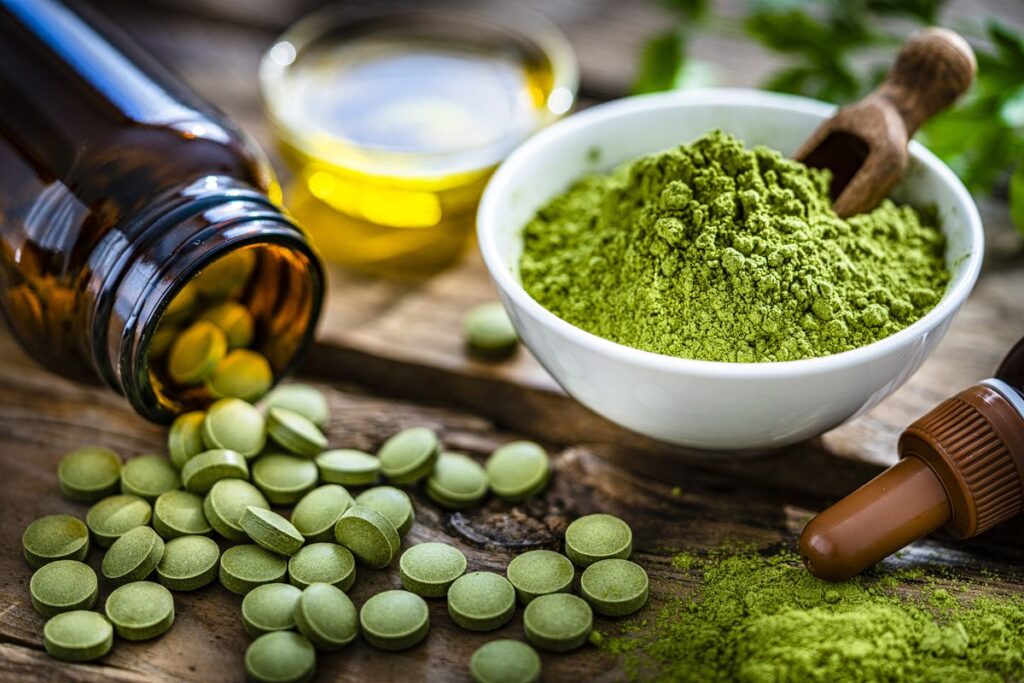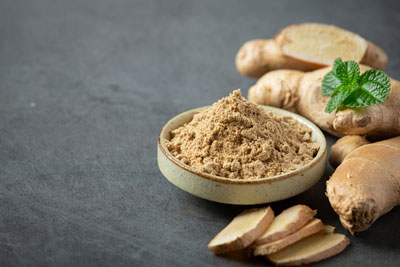
Welcome to fresher, simpler
GlobinMed
Already have an account? Please re-register your account to stay connected with us.
Book is now available for sale !
Do You Know, that in Germany, most botanicals are classified as...
In Germany, most botanicals are classified as medicines? Some are classified as food products if their use is primarily nutritional. Traditional herbal remedies are limited to botanicals of German/European origin already marked in Germany prior to 1978 with mild or prophylactic properties.
Do You Know, Cassia fistula is a stimulant laxative at par with...
Cassia fistula is a stimulant laxative at par with Senna and should be avoided by patients experiencing abdominal pain or diarrhea.
News Update
- Promoting Plant-Based Therapies for Chronic Kidney Disease, Ali Khan, 2022
- A systematic review of potential candidates of herbal medicine in treatment of chronic kidney disease, Pranjali,2022
- Advances in Traditional Chinese Medicine research in diabetic kidney disease treatment, Shen, 2024
- Four prescribed Chinese herbal medicines provide renoprotection and survival benefit without hyperkalemia risk in patients with advanced chronic kidney disease: A nationwide cohort study, Chen, 2022
- Traditional Chinese herbs and natural products in hyperuricemia-induced chronic kidney disease, Yang, 2022
- Traditional Chinese Medicine in the Treatment of Chronic Kidney Diseases: Theories, Applications, and Mechanisms, Wang, 2022
- Mechanism of Cordyceps sinensis and its Extracts in the Treatment of Diabetic Kidney Disease: A Review, Liu, 2022
- Medicinal Potentials of Strobilanthes crispus (L.) and Orthosiphon stamineus Benth. in the Management of Kidney Stones: A Review and Bibliometric Analysis, Zakaria, 2022
- Therapeutic effect of Morus alba leaf extract and chlorogenic acid on inhibiting the progression of kidney disease, Fauzi, 2024
- Pharmacological potential of Astragali Radix for the treatment of kidney diseases, Shi, 2024
Forthcoming Events
- 3rd International conference medicine and acupuncture (23-24 Nov 2022) – The Conference deliberations are on the theme “Exploring World Health From Traditional Medicine & Acupuncture”.For Centuries, humans are building different…
- CHTM 2020: 16 International Conference on Traditional and Herbal Medicine – XVI. International Traditional and Herbal Medicine is the premier interdisciplinary forum for the presentation of new advances and research results…
- World conference on Traditional & Alternative Medicine – World Conference on Traditional and Alternative Medicine (WCTAM-2022) is an International Conference organized by Eurasia Conferences on November 7-8, 2022…
- 10th International Conference on Traditional & Alternative Medicine – This conference is mainly focused on latest and exciting innovation in every area of alternative medicine. This is the best…
Continuing Professional Development (CPD) for Healthcare Professionals
Evidence-Based Information On T&CM: Global Information Hub On Integrated Medicine

- Doctors, pharmacists, nurses, and other allied healthcare professionals.
- Intermediate level
- 20 minutes
The goal of this learning activity is to provide healthcare professionals with an overview on importance of evidence-based information on traditional & complementary medicine (T&CM) and role of Global Information Hub on Integrated Medicine (GlobinMed) website.
Our Scope

Conservation
Collate and provide botanical information on the plants with medicinal values through a one-stop-centre.

Health Conditions
Description of health conditions afflicting human, including allopathic treatment and T&CM treatment or supplement.

Traditional Complementary Medicine (T&CM)
A provision of the background, definition and explanation of multiple versions of phrases and abbreviations used to describe T&CM.

Medicinal Herbs & Plants Database
Description of herbs & plants including the names, traditional use and medicinal information backed by published studies.

Safety
Safety aspects of medicinal herbs including the interactions data for herb-herb, herb-dietary supplement and etc.

Training & Education
Offers information on T&CM educational systems and centres worldwide, browse or search and make comparison on accredited courses.

IMEvidence
Collate and provide botanical information on the plants with medicinal values through a one-stop-centre.

Policies, Laws, Standards and IPR
Overview of IPR, patent, trade mark, copyright, etc, with snapshots of IPR in different countries.


Research & Publications
Description of herbal and T&CM research, searchable publications and up-to-date weekly health studies.

Trade & Business
Describes market overview on global and Malaysian herbal trade including incentives, trade and business guide and network.

Traditional Knowledge
Articles on definition and description of Traditional Knowledge (TK) and related terminologies.


